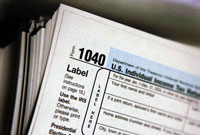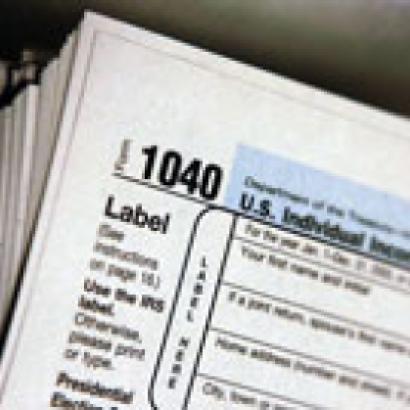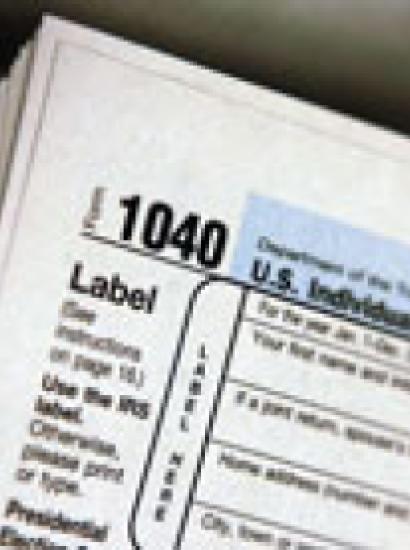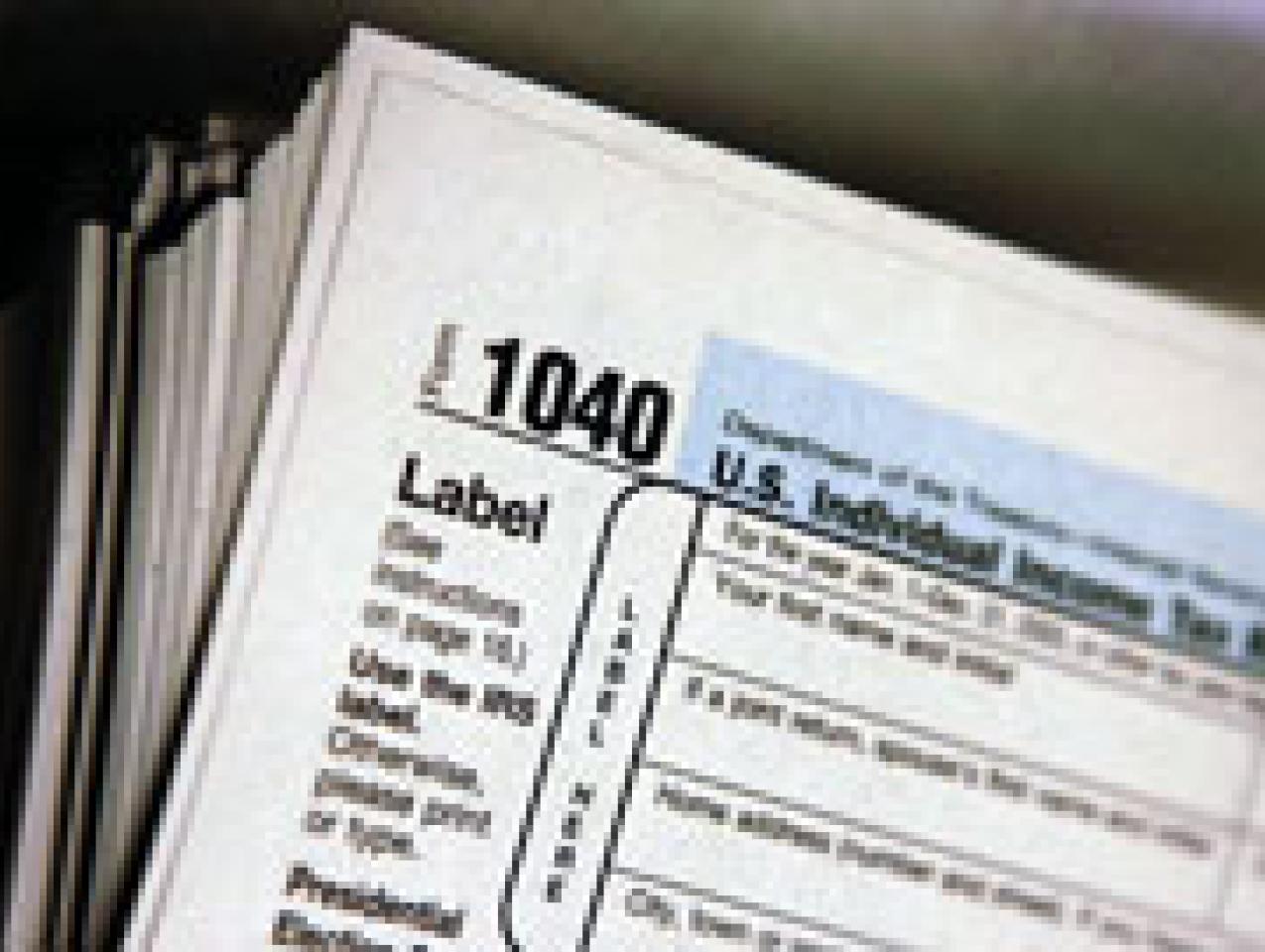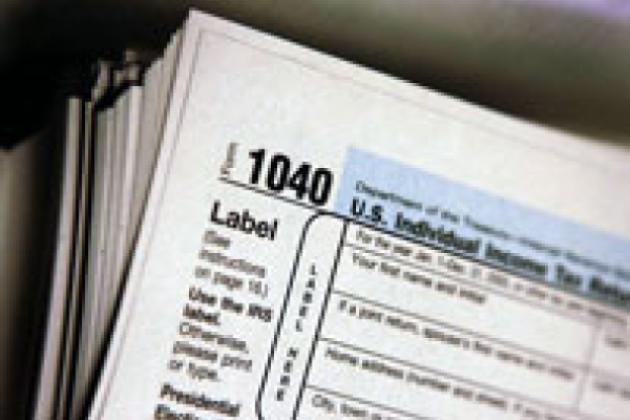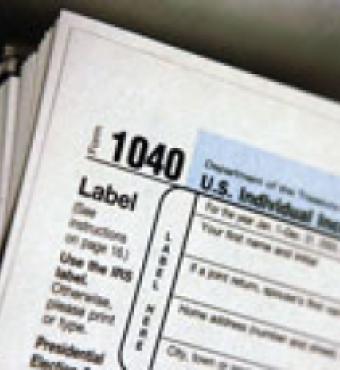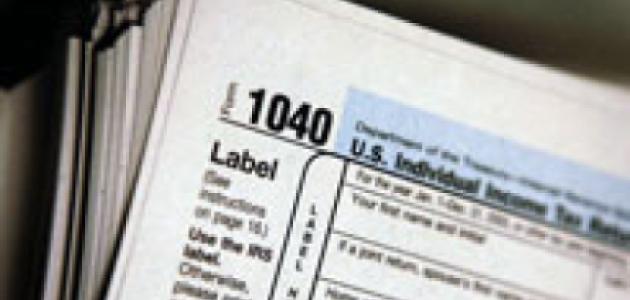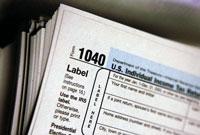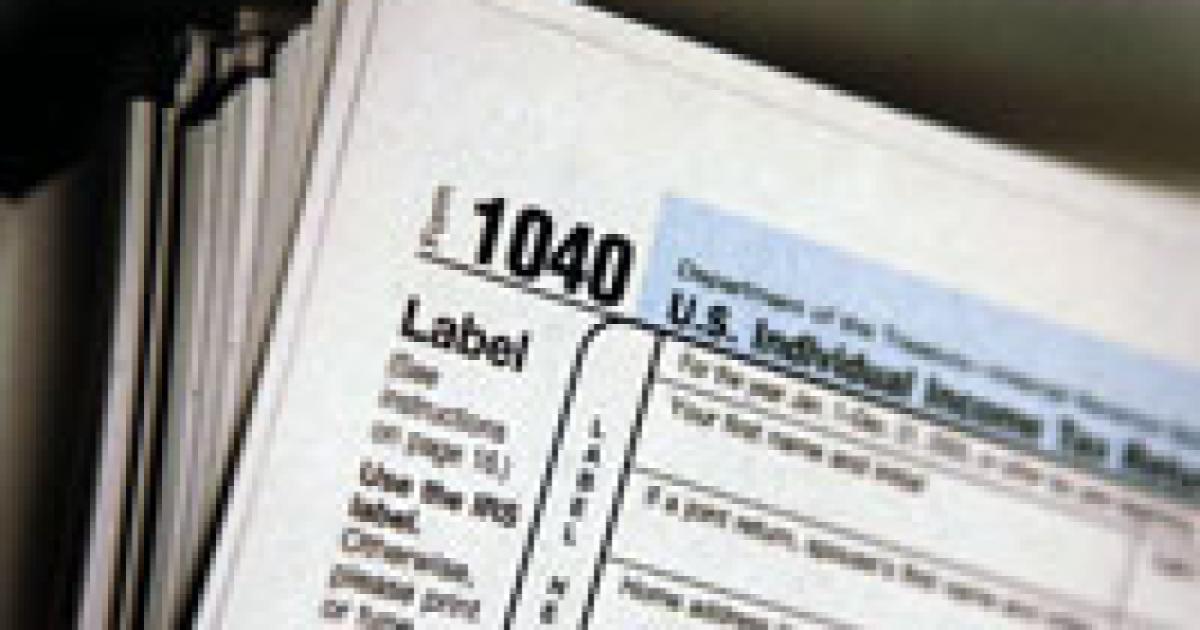- Economics
- Budget & Spending
- Politics, Institutions, and Public Opinion
According to the headlines, three winning ticket holders in the March 30 Mega Millions lottery will split $656 million. Actually, the lucky winners will get quite a bit less—the payout will be reduced by about 35% to cover what they owe in federal income taxes, not to mention what they will owe in state and local taxes. Is this fair?
Polls often show that the public favors raising taxes on "the rich," "millionaires" or "families earning over $250,000." Last year, billionaire Warren Buffett demanded that we "stop coddling the superrich" and impose higher tax rates on incomes over $1 million per year (and higher rates still on incomes over $10 million). President Obama and most Democrats have endorsed raising taxes on high earners.
Yet advocates of more progressive taxes rarely say exactly what would be a fair rate of taxes. They believe it should be more than it is now but tend to be a little vague about how much more. And as for the polls—do they imply that Americans want the new mega millionaires to pay more than 35% to the feds?
It turns out that most Americans do not think that 35% or anything close is a fair tax rate, even for bizarre windfalls such as winning a lottery. In February, the online pollster YouGov asked a representative sample of 3,500 American adults what they thought would be a "fair amount of tax" to pay on lottery winnings. The survey specified different amounts of winnings, ranging from $1 million to $100 million. (The amount shown to each respondent was selected at random from a set of seven possible values.) Respondents gave their answers in dollars, and YouGov computed the implied percentage tax that they thought was fair.
Less than a quarter of respondents chose a tax rate of 30% or higher on any level of lottery winnings. The vast majority thought that a reasonable amount to pay was much lower, with the average being only 15%. Democrats and Republicans differed only a little: The average rate preferred by Republicans was 14%, compared with 17% for Democrats.
There was no evidence that respondents thought rates should be any higher on a $100 million prize than on a $1 million prize. Differences across prize amounts were mainly too small to be regarded as statistically significant. For all of our hypothetical lottery prizes, over half the respondents chose a tax that amounted to 10% or less of the lottery winnings.
These results may seem to contradict popular support, especially among Democrats, for raising taxes on the rich. In the same poll, we also asked about raising taxes on high earners. Sixty-one percent of respondents favored raising taxes on families that earn more than $250,000 per year and also 62% supported the "Buffett rule" proposed by President Obama (a minimum tax rate of 30% on millionaires).
How do we reconcile these findings? Is it because lottery jackpots are the stuff of dreams? Critics scoff that lotteries are a (voluntary) tax on innumeracy, and probably many ticket buyers do fail to understand just how minuscule are the odds of winning the eye-popping prizes. Yet people who don't expect ever to become rich by hard work or careful investment might still daydream about being showered with cash by a megafluke. The wild improbability of lottery wealth might even be why our respondents like such low tax rates.
On the other hand, if Americans consider taxes under 20% to be fair even for an income of $100 million, their apparent agreement with Messrs. Obama and Buffett—when the question comes up in another context—could be misleading. Any elected official who thinks the public is squarely on board with higher rates against upper-income earners should consider these results, then, and think twice.
Mr. Gaines is a professor of political science at the University of Illinois and a national fellow at the Hoover Institution. Mr. Rivers, a senior fellow at Hoover and professor of political science at Stanford, is chairman of YouGov America.







